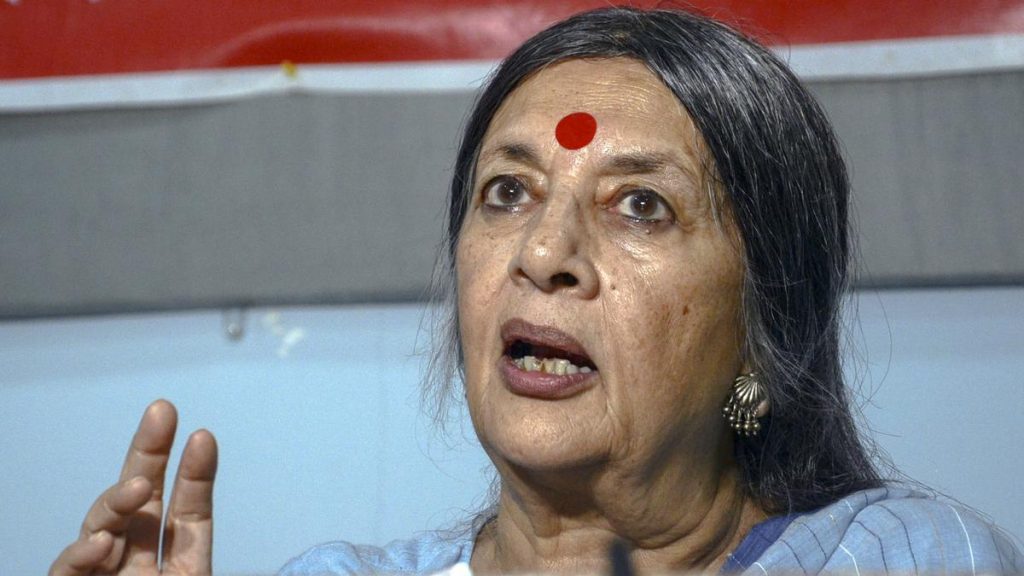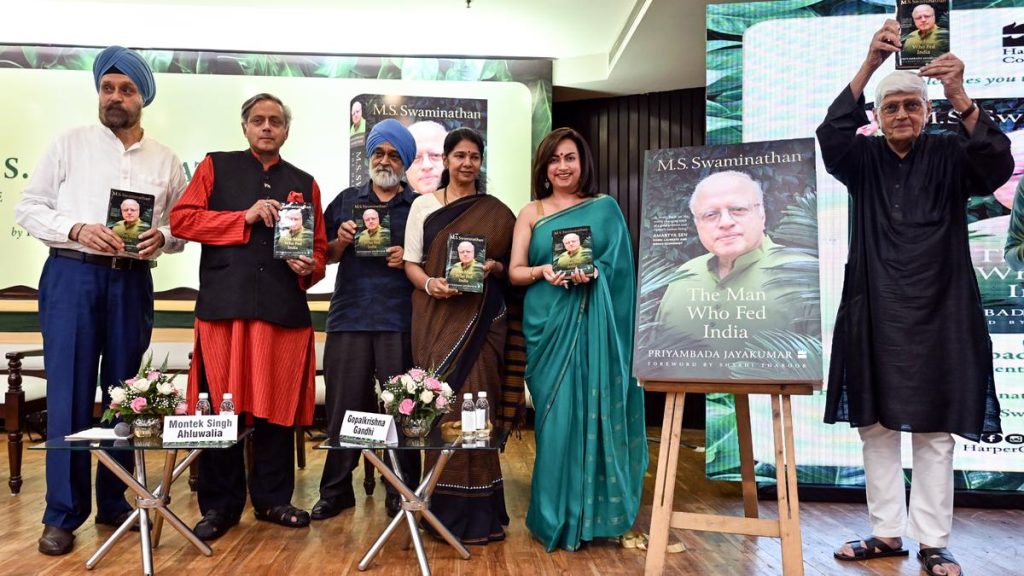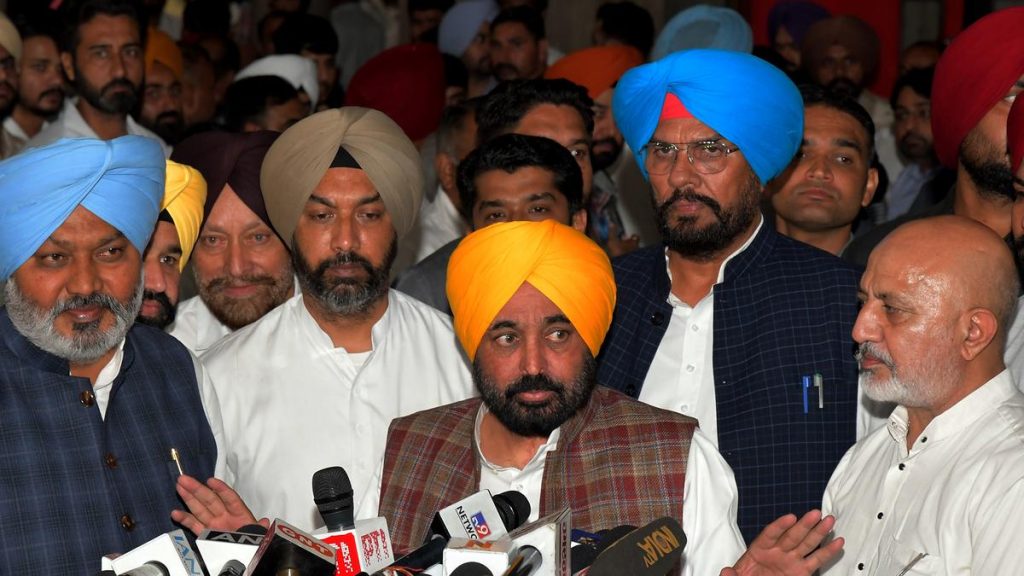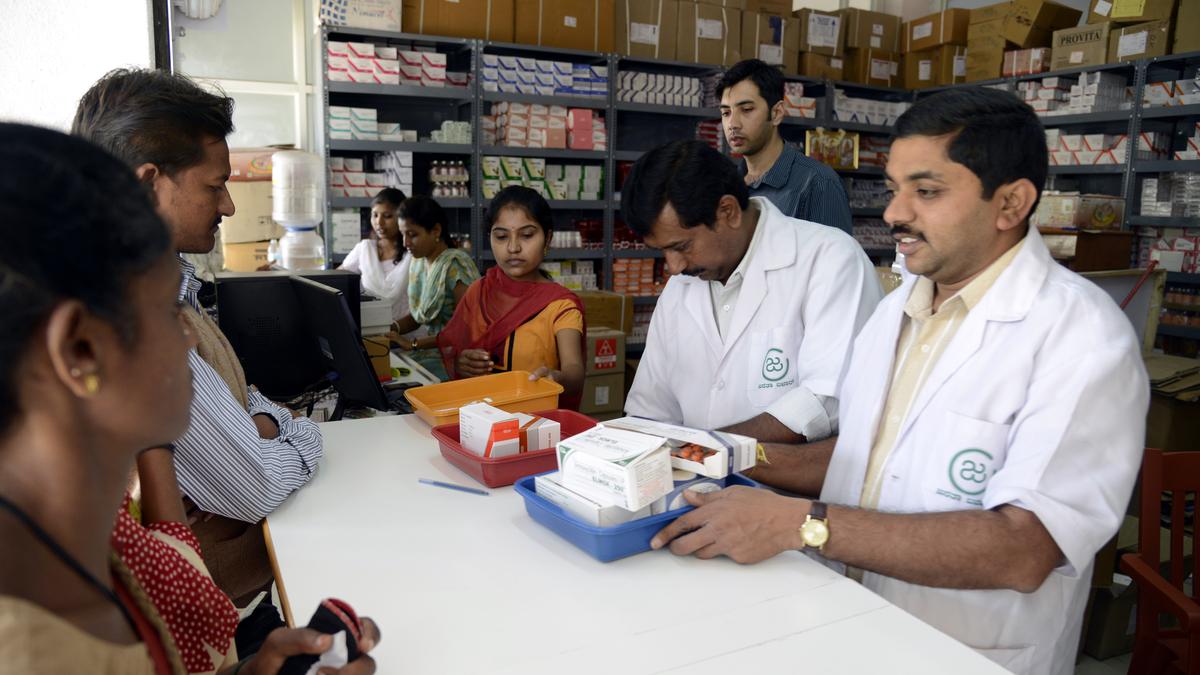Now Reading: Kaleshwaram Project: Key Facts and the Controversy Explained
-
01
Kaleshwaram Project: Key Facts and the Controversy Explained
Kaleshwaram Project: Key Facts and the Controversy Explained
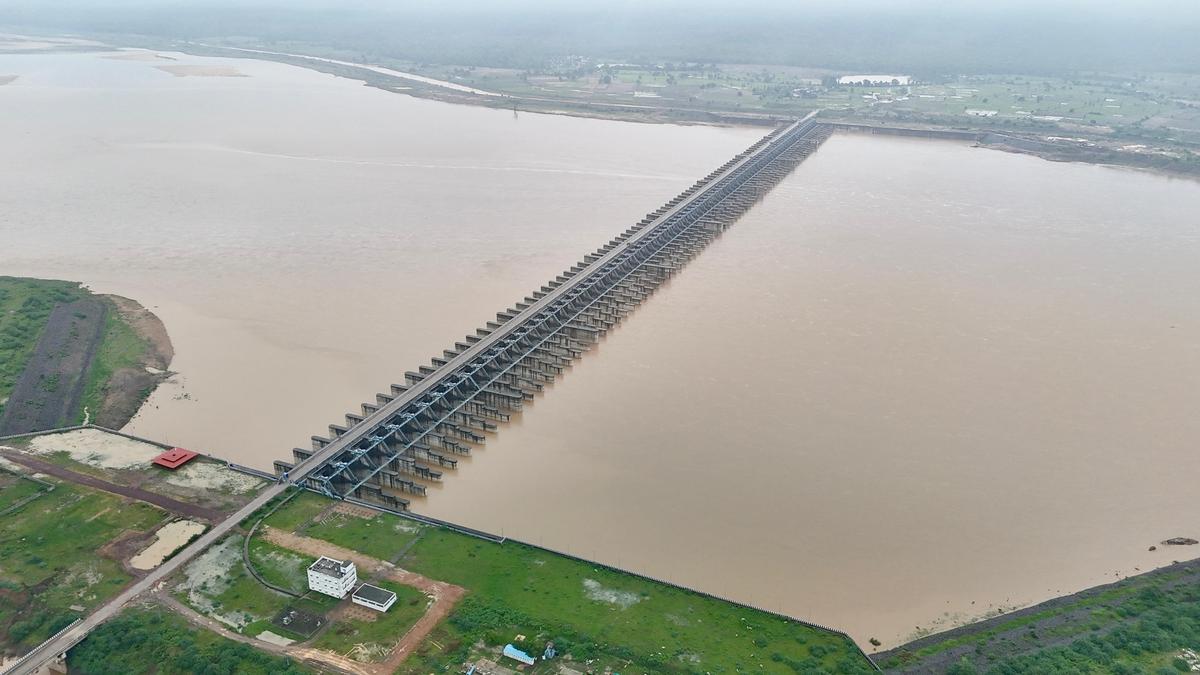
Swift Summary
- kaleshwaram Lift Irrigation Project (KLIP): India’s largest multi-stage irrigation initiative built on the Godavari river in Telangana, aimed to provide irrigation for 16 lakh acres across 13 districts and drinking water for Hyderabad and villages en route.
- Original Costs: Conceived at ₹71,000 crore; escalated to over ₹1 lakh crore due to additional developments like canals and pumping facilities.
- Purpose: Designed to store and distribute 240 tmc ft of water. Allocations: 169 tmc ft for irrigation, 30 tmc ft for Hyderabad drinking water, among others.
- Controversies:
– Alleged mismanagement in construction-damages within three years of inauguration, cracks in multiple barrages due to reportedly permeable foundations.
– Shift of location from tummidihatti (approved) to Medigadda raised concerns over hydrology discrepancies despite available clearances at Tummidihatti.- Criticism on decision-making by former CM K. Chandrasekhar Rao without state cabinet consensus; public funds strained heavily with no tangible returns reported so far.
- Judicial Inquiry: A one-member judicial commission led by Justice Pinaki Chandra Ghose probed the lapses following election promises. Over 110 witnesses interrogated including project execution officials and members of the previous government.
Indian Opinion Analysis
The controversies surrounding KLIP highlight critical governance-related issues in infrastructure planning, execution, and accountability-a recurring theme across mega-projects in India. While KLIP’s ambition as a lifeline project was commendable, deficiencies such as site-shifting decisions without robust consultations or adhering strictly to technical advice underline operational gaps that may have contributed significantly towards financial strain on Telangana’s exchequer.
The judicial commission’s inquiry into political decision-making processes has broader implications. It underscores the importance of separating public policy priorities from individual leadership-driven directives while ensuring obvious approvals through statutory channels like the Central Water Commission (CWC). Public participation via legislature discussions serves as a constructive step forward-it provides an possibility for Telangana’s government across party lines not only to address failures but also protect future projects from similar pitfalls.
Read more: The Hindu


